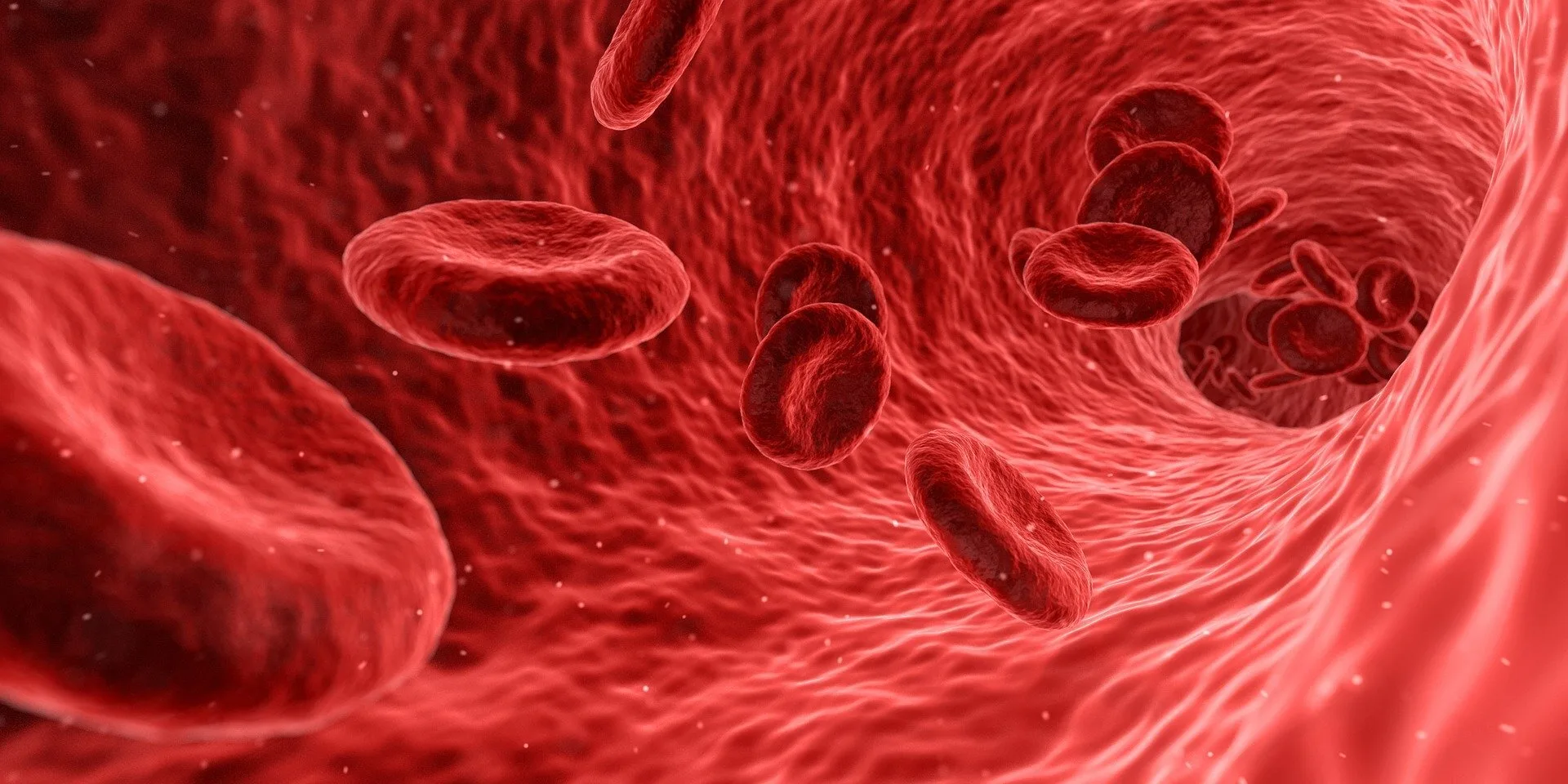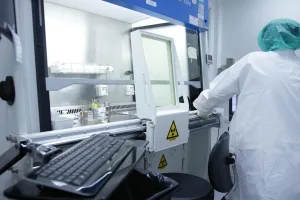Early Cancer Detection: Genetic Traces Found Years Before Diagnosis
Exciting new research reveals that signs of cancer might be detectable much earlier than previously thought. A groundbreaking study conducted by researchers at the Ludwig Center at Johns Hopkins, Johns Hopkins Kimmel Cancer Center, the Johns Hopkins University School of Medicine, and the Johns Hopkins Bloomberg School of Public Health, has discovered that tumor-shed genetic material can be found circulating in the bloodstream up to three years before a cancer diagnosis.
What the Study Reveals
The study, published in Cancer Discovery, highlights the potential for earlier cancer detection through the analysis of cell-free DNA (cfDNA) in blood samples. This cfDNA contains genetic material shed by tumors, offering a glimpse into the presence and characteristics of cancerous cells long before conventional diagnostic methods can identify them.
- Early Detection: The ability to detect cancer-related genetic material years in advance could revolutionize cancer screening and treatment strategies.
- Improved Outcomes: Earlier detection often leads to more effective treatment options and improved patient outcomes.
- Personalized Medicine: Analyzing cfDNA can provide valuable information about the specific genetic makeup of a tumor, paving the way for personalized cancer therapies.
Implications for the Future
This research opens up new avenues for developing more sensitive and proactive cancer screening methods. By identifying individuals at high risk of developing cancer, clinicians can implement preventive measures and initiate treatment earlier, potentially saving lives.
Potential Applications:
- Routine Screening: Incorporating cfDNA analysis into routine blood tests could become a standard practice for early cancer detection.
- High-Risk Individuals: People with a family history of cancer or other risk factors could benefit from regular cfDNA monitoring.
- Treatment Monitoring: cfDNA analysis can also be used to track the effectiveness of cancer treatments and detect recurrence early on.
Final Words
The discovery of tumor-shed genetic material in the bloodstream years before cancer diagnosis represents a significant step forward in the fight against cancer. With further research and development, this finding could lead to earlier detection, more effective treatments, and improved outcomes for cancer patients worldwide.




+ There are no comments
Add yours